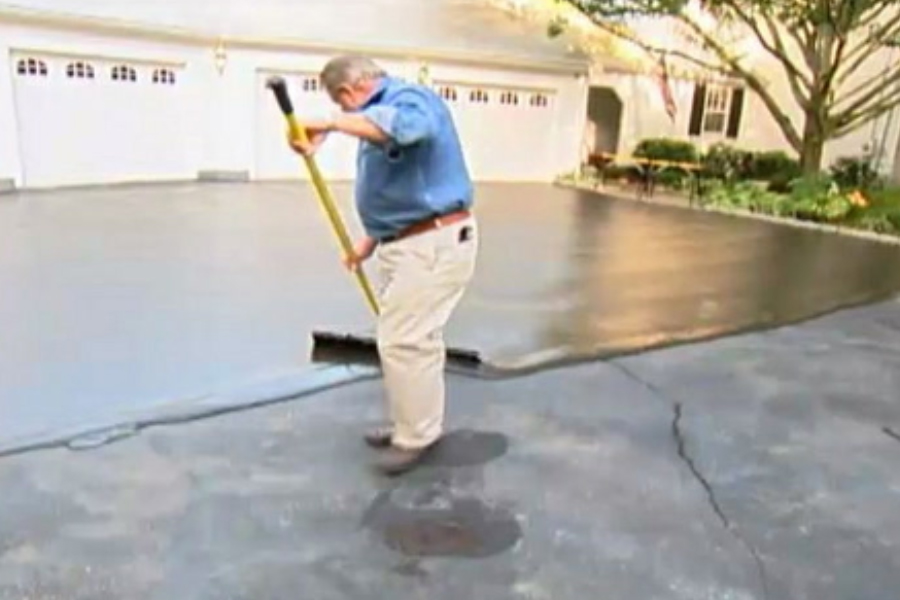
Repaving your driveway is a big job, and it’s one that you’ll want to do right the first time. After all, a new driveway is a significant investment, and it’s not something that you’ll want to have to do again any time soon.
To help you out, we’ve put together a list of 7 tips for contractors when repaving a driveway. From choosing the right materials to hiring the right professionals, these tips will help you ensure that your new driveway is everything that you’ve been hoping for.
1. Know When the Time is Right:
Repaving a driveway isn’t something that you want to rush into doing. In fact, if you have any doubts about whether or not now is the right time for your project, then it probably isn’t. Instead, take some time to think things through before moving forward with any work on your driveway. Take into account any upcoming projects that may be taking place in the near future and how they could affect your project as well. If possible, try to avoid repaving during times when other contractors will be working nearby (such as when there are ongoing home renovations).
2. Choose the Right Materials:
Choosing the right materials for your driveway is essential to ensuring that it will last for many years to come. Here are some of the most popular choices that homeowners make when they’re repaving their driveway:
- Gravel is one of the most common materials used in driveways today, and for good reason. Gravel has several advantages over other materials, including durability and affordability. However, it also has some downsides that you should consider before deciding whether or not gravel is right for your new driveway.
- Concrete is another popular choice among homeowners today. Concrete has several advantages over gravel, including better drainage and less maintenance required over time. However, concrete can be quite expensive compared to gravel or other materials like asphalt or asphalt concrete mixes (ACM).
- Asphalt doesn’t have the same longevity as concrete, though; it will last about 20 years before needing replacement or repair. If you want your driveway to last longer than that, you may want to consider repaving with concrete or even pavers.
3. Prepare the Surface:
The next step in preparing your driveway for repaving is making sure that it’s clean and free of debris. You don’t want any loose rocks or dirt getting mixed into your concrete or gravel during construction, so make sure that all of this stuff has been removed before starting work on your driveway.
4. Don’t Scrimp on Gravel:
If you’re going to be putting down gravel, don’t skimp on quality — this is one of those times when you get what you pay for. If you buy cheap gravel, it will just be a few years before you have to replace it again. Instead, go with a high-quality product that will last for years.
5. Consider Using an Edging Soil Concrete Mix:
If you live in an area that gets constant rain or snow, then one of the best ways to keep your new driveway from getting damaged is by using an edging soil concrete mix. This mixture provides a strong foundation for your new asphalt and can help prevent cracks from forming over time.
6. Factor in a Proper Drainage System:
One of the most important things that you need when repaving your driveway is proper drainage. If you don’t have proper drainage installed in your new driveway, then water will pool in certain areas and cause puddles to form. These puddles can lead to pooling water underneath your concrete and cause it to crack over time.
7. Install Curbing if You Want It to Last:
If you want your driveway to last as long as possible, then it’s important that you install curbing around it. This can be a great way to make sure that the edges of your new driveway don’t get worn down or damaged over time.
Conclusion:
Pay close attention to these tips when repaving your driveway and you’ll end up with a product that is beautiful, durable, and functional for years to come.

